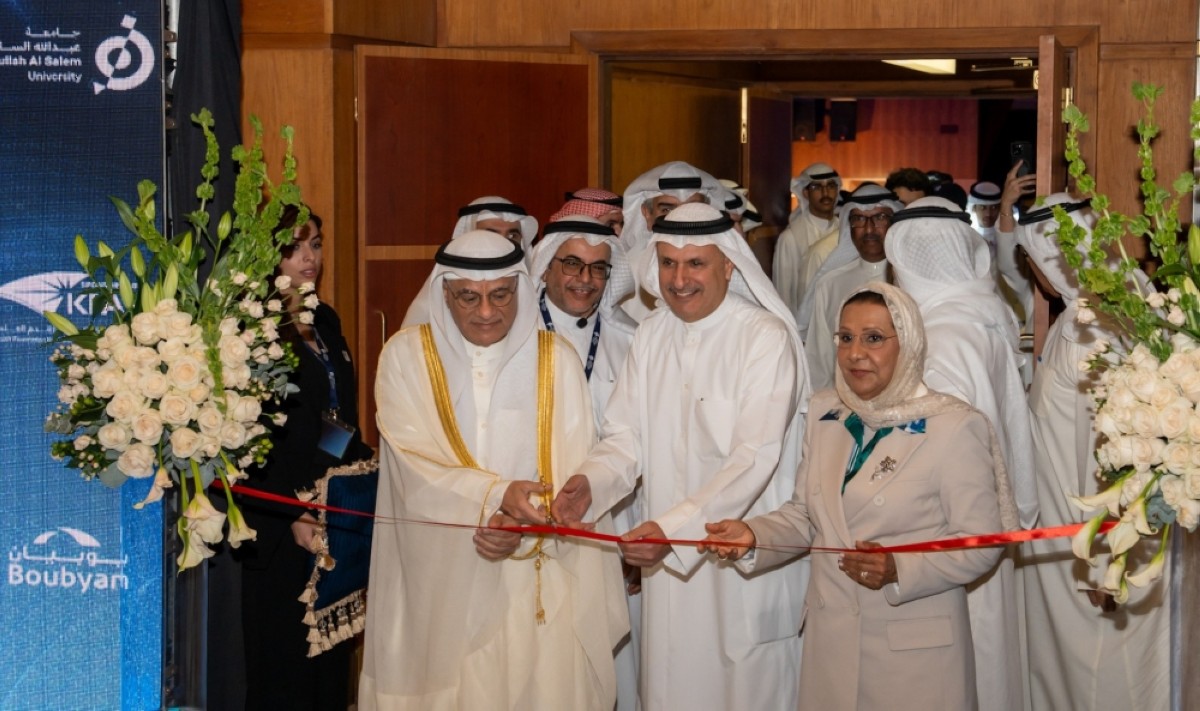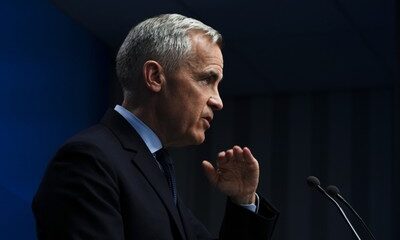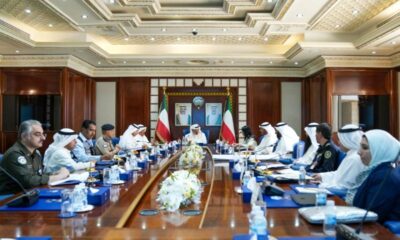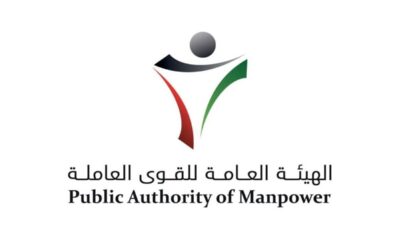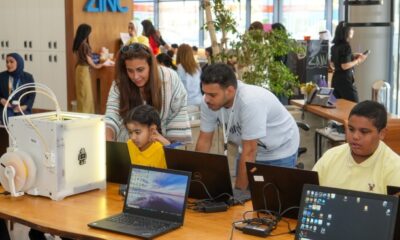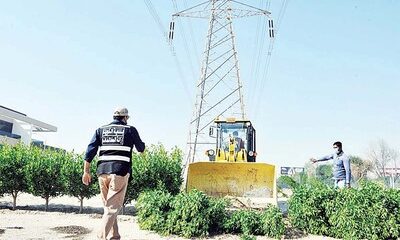KUWAIT: Minister of Higher Education and Scientific Research Dr Nader Al-Jallal affirmed the ministry’s commitment to advancing Kuwait’s educational system through the integration of modern technologies, particularly artificial intelligence (AI), in alignment with the country’s national development vision. Speaking at the opening ceremony of the Abdullah Al-Salem University (ASU) Educational Summit on Wednesday, Dr Al-Jallal highlighted the importance of aligning education with global innovation trends to elevate Kuwait’s standing among developed nations.
The two-day summit, titled “Higher Education in the Era of Innovation: Benefits, Challenges and Functions,” is being held at the late Sheikh Abdullah Al-Jaber Al-Sabah Theater on the university’s Shuwaikh campus. The Minister emphasized that under the leadership of His Highness the Amir Sheikh Meshal Al-Ahmad Al-Jaber Al-Sabah and His Highness the Crown Prince Sheikh Sabah Al-Khaled Al-Hamad Al-Sabah, Kuwait views education as the cornerstone of human development and innovation as a key enabler of progress.
He stressed the need for higher education institutions to evolve into smart and agile environments built upon modern technology, adaptive curricula, and robust partnerships with both public and private sectors. “We must align our educational outcomes with national aspirations,” he said, pointing to the role of academia in supporting the knowledge economy.
Dr Al-Jallal noted that the summit aims to address a range of critical issues in the digital era, including governance in higher education, cybersecurity, data privacy, and mechanisms for funding scientific research, in addition to nurturing national talent. In her address, Dr Moudi Al-Hamoud, Chairperson of ASU’s Founding Board of Directors, stated that the summit comes at a pivotal moment for higher education, as it undergoes a strategic shift away from traditional methods toward models centered on innovation and technology.
She explained that incorporating AI, augmented reality, and data analytics in higher education paves the way for more interactive and flexible learning ecosystems that meet learners’ evolving needs and respond to labor market demands. “Future jobs require an in-depth understanding of advanced skills and emerging professions,” she said, calling for continuous updates to curricula that emphasize creativity, entrepreneurship and problem-solving.
Dr Al-Hamoud also announced the launch of a national initiative — the establishment of the Artificial Intelligence Council in Kuwait — as part of the government’s development program. She described the move as a major step in positioning Kuwait as a regional hub for smart education and cutting-edge technologies. Dr Fawaz Al-Enezi, Vice President of ASU for Planning, Institutional Excellence, and Innovation, introduced the AI Council, calling it a strategic national platform aimed at digital empowerment and AI-guided policymaking. He said the council will serve education, the economy, and human development through advanced regulatory and ethical frameworks supporting research and development.
The council comprises five key units — policies, ethics, academic empowerment, data, and alliances — each structured to ensure synergy between academic institutions and the public and private sectors. Dr Al-Enezi underscored that the initiative follows months of analysis and institutional dialogue. “This is not a theoretical blueprint, but a practical implementation model open to continuous development,” he said, urging academics and stakeholders to contribute through the council’s digital portal. The summit also features a student exhibition focused on innovation and technology, showcasing 35 projects from students representing public and private higher education institutions across the country in a dynamic and competitive academic setting. — KUNA



